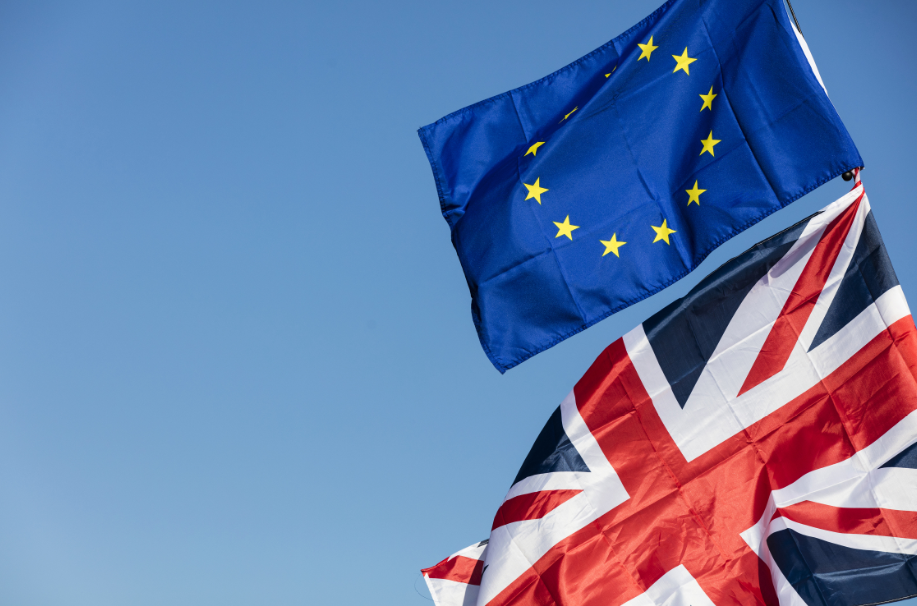
The UK government has settled a long-running dispute with the EU relating to allegations of goods imported into the UK from China.
In March 2018, the European Commission (EC) brought a complaint that the UK had failed to prevent undervaluation fraud involving importations of Chinese textiles and footwear.
This complaint was upheld by the European Court of Justice (ECJ) in March 2022.
Settlement details
John Glen MP, chief treasury secretary, made the announcement of the settlement in a written statement to Parliament yesterday (9 February).
The UK paid 1.2bn euros (£1.1bn) earlier this month and 700m euros in mid-January, in addition to 678m euros paid out in June last year, according to Bloomberg.
Glen said: “These are substantial sums but represent the final payments and draw a line under this long running case, with the UK fulfilling its international obligations.”
Case details
The case revolved around the government’s purported failure to take adequate steps to prevent fraud on imports from China between November 2011 and October 2017.
The EU’s anti-fraud office OLAF conducted an investigation into Chinese imports and found that organised criminal networks had undervalued imports of the goods, typically using shell companies and fraudulent invoices, and requested assistance from all EU member states to tackle this.
Customs duty was charged at 12 per cent of the declared value, meaning huge savings could be made by the importers by declaring the goods in the UK and exporting them to the rest of Europe, undercutting domestic producers, as reported by the Times.
Investigation
The government had argued that they had taken all appropriate steps – including two investigations entitled Operation Breach and Operation Swift Arrow – and relied on risk profiles to assist them in making ‘post-clearance checks’ on goods after they had entered the UK.
But the court found the UK’s focus on these post-clearance checks was “bound to fail and were manifestly inappropriate for tackling that fraud,” and that the proper standard should have been on pre-importation checks.
The goods entered the UK and were released into wide circulation, resulting in billions of euros worth of losses to the EU budget.
Low price
As reported by the Guardian, the ECJ found that more than half of all textiles and footwear imported into the UK from China were below “the lowest acceptable prices”.
In his statement, Glen said
“The UK has argued throughout the case that it took appropriate steps to counter the fraud in question.
“However, since these infringement proceedings were raised, the UK has taken proportionate and increased steps to combat this fraud without impacting legitimate trade, including by liquidating suspect traders through enforcement action.”



